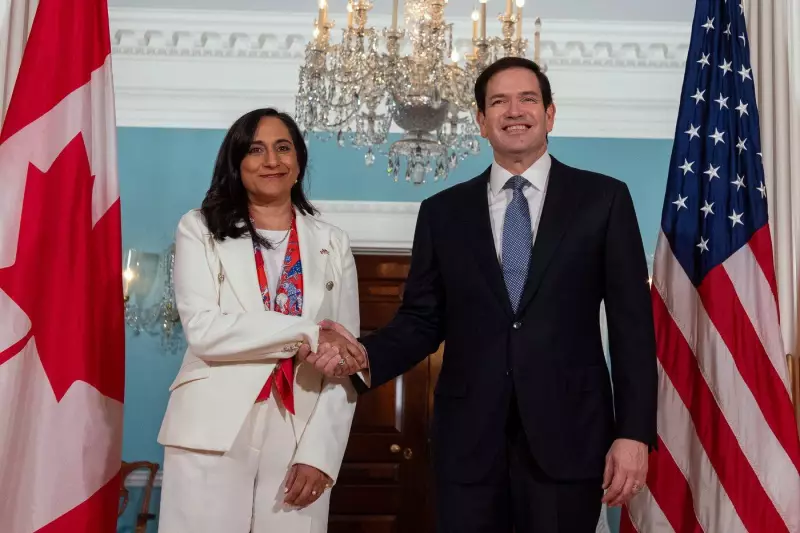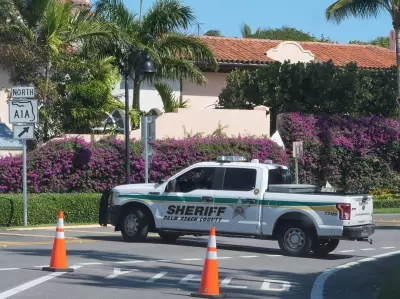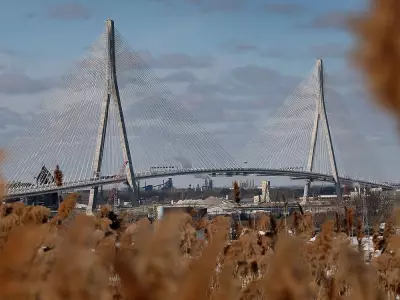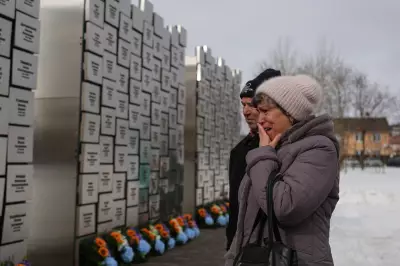
In a significant diplomatic development, the United States is sending a high-powered delegation to the upcoming G7 foreign ministers meeting, featuring both the U.S. Secretary of State and prominent Senator Marco Rubio. This enhanced American presence underscores the importance Washington places on multilateral cooperation amid growing global tensions.
The gathering, scheduled for next week, will bring together top diplomats from the world's leading industrialized nations to coordinate responses to pressing international challenges. The inclusion of Senator Rubio alongside the Secretary of State represents a notable departure from traditional diplomatic protocols, highlighting the bipartisan nature of current foreign policy priorities.
Strengthening Transatlantic Unity
This high-level participation comes at a crucial moment for Western alliances. With multiple global hotspots requiring coordinated action, the G7 forum provides an essential platform for aligning strategies and demonstrating united front. The American delegation's composition suggests a comprehensive approach to international diplomacy that bridges executive and legislative branches.
Canadian officials have welcomed the robust U.S. engagement, viewing it as reinforcement of North American leadership within the G7 framework. The meeting agenda is expected to cover a wide range of issues from regional security concerns to economic cooperation and democratic resilience.
Strategic Implications
Analysts note that Senator Rubio's involvement brings additional weight to the discussions, given his influential role in foreign policy matters and his position on key congressional committees. This dual representation may signal a more integrated American approach to international diplomacy, where legislative insights complement traditional statecraft.
The upcoming discussions are anticipated to set the stage for broader international engagements later this year, potentially influencing the direction of Western foreign policy in an increasingly complex global landscape.






